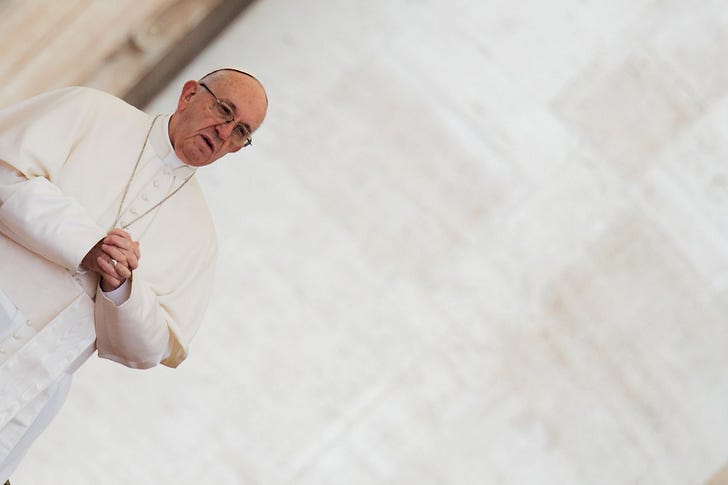‘Ad theologiam promovendam’: A brief guide for busy readers
Pope Francis’ new motu proprio calls for a ‘paradigm shift’ in theology.
Pope Francis issued a new apostolic letter last Wednesday calling for a “paradigm shift” in theology.

The letter, “Ad theologiam promovendam,” was issued motu proprio, or on the pope’s own impulse, adding to the ever-expanding list of such documents since Francis’ election in 2013.
The document, dated Nov. 1, generated headlines in the secular media with…
